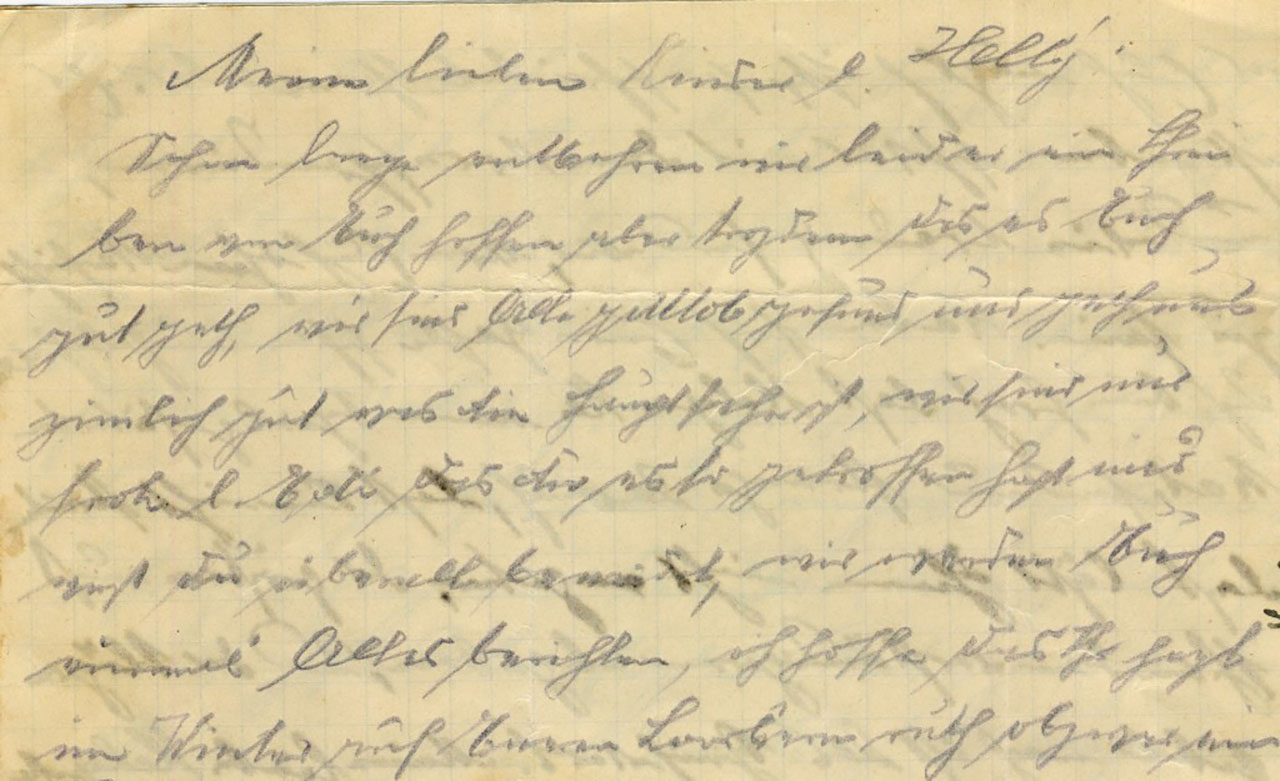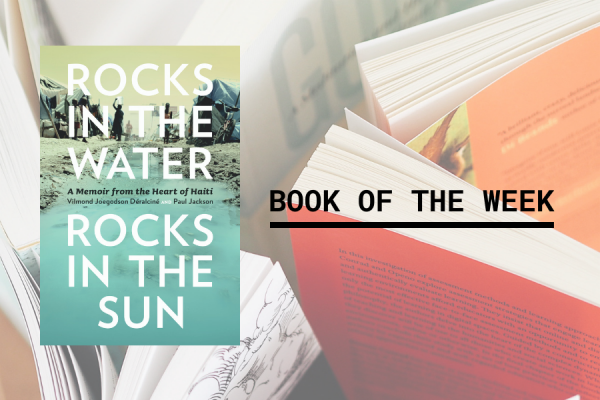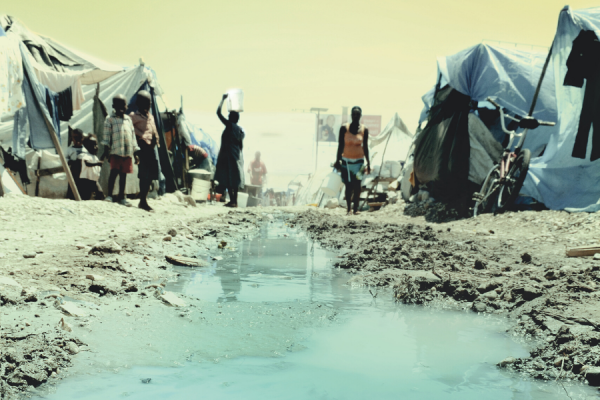November is National Life Writing Month and to celebrate, AU Press presents a few of our favourite memoirs from our back list.
Life writing is a process by which the personal becomes universal.
The stories of individuals are often overlooked when society tries to make sense of history. We focus on the measurables, the facts, and when we do hear history from an individual’s perspective, it is often told by someone in power, an elite. Life writing allows individuals with no claim to power or position to share their real life experience, their insight, and their perspective. Their voices bring with them a more complete portrait of history as well as a more personable one. As the examples found in AU Press’ list indicate, the genre of life writing is not confined to one form. Whether the documentation takes the form of letters, poetry, reflections, imagination, or oration, the stories below all capture the details of a lived experience and provide the reader with an authentic and honest account of history.
Letters from the Lost: A Memoir of Discovery by Helen Waldstein Wilkes
“History is both potent and personal. Memories of our history hold us together as individuals, as families and as communities. When we forget who we have been, we remain unaware of who we are.” –Helen Waldstein Wilkes
On March 15, 1939, a distracted clerk accidently gives Helen Waldstein’s family the last exit visa stamp enabling them to escape from Prague. They find their way to a farm in southern Ontario where Helen, just a child at the time, is pushed out of the room whenever a letter arrives from her extended family in Europe. Her parents never revealed to her what was contained in those letters. In her sixtieth year, Helen finally opens the box containing the many letters from her family and discovers their tragic story.
Helen tells her family’s story in the broader context of World War II. In what is truly an investigative memoir, Helen travels to Europe in search of lost people from the letters as well as answers to her many questions about her family’s history. What she discovers not only helps her understand her own life, but it helps readers understand Jewish life in wartime Europe.
More about the book here.
Rocks in the Water, Rocks in the Sun: A Memoir from the Heart of Haiti by Vilmond Joegodson Déralciné and Paul Jackson
Rocks in the Water, Rocks in the Sun is the memoir of Joegodson Déralciné, a 32 year old man currently living in Canaan, Haiti. His story, a first-hand account of a situation often exploited by foreign media, describes the intimate details of the lives of the poor in Haiti. Despite his lack of formal education, Joegodson has a unique wisdom—his empathic heart allows him to observe what others are incapable of seeing. Whether he is exploring Vodou and spirituality, the harrowing day of the 2010 earthquake, or the inner workings of MINUSTAH, Joegodson’s insights will both startle and surprise.
His story was written with Canadian historian Paul Jackson—Joegodson telling his story in Creole, Jackson translating, the two of them then reviewing and reworking—and the result is a true collaboration, the struggle of two people from different lands and vastly different circumstances to arrive at a place of mutual understanding.
More about the book here.
A Very Capable Life: The Autobiography of Zarah Petri by John Leigh Walters
Written by John Leigh Walters, using his mother’s lively voice, this creative memoir imagines the youthful personality of Zarah Petri and her life as a newcomer to Canada during the Depression. Zarah’s cheeky perspective on her family, her displacement from Hungary to Canada, and her unromantic marriage to “Poor John” is all the more inviting and fascinating because this is indeed a memoir, a true story. By following only the Ten Commandments, and not the laws of Canada, Zarah survives the Depression. Eventually, Zarah succumbs to Alzhemier’s and describes her confusion to the reader in some of the most heart-wrenching passages in the book.
As her son tells her, “there is nothing self-proud about talking about the events of your life (…) especially if you do so to share.” And so, Zarah shares her story and in doing so she helps us make sense of old age, immigration, hard times, and the Canada we live in.
More about the book here.
kiyâm by Naomi McIlwraith
You cannot tell a story without language and Naomi McIlwraith honours this truth in kiyâm. The Cree word kiyâm is translated as “let it be” in the poem “kiyâm,” but McIlwraith argues that we should not let anything be. She writes, “I know some people are hurting / too much to let anything be.” And so, through this memoir-poem, McIlwraith does not let anything be. She follows her family’s story by studying their language. McIlwraith is of Cree, Ojibwe, Scottish, and English descent—each culture with its own fascinating blend of sounds attached to centuries of history. McIlwraith shares everyday images of her family’s life—making pemmican, spinning wool on a bicycle wheel, making bread, attending Cree classes, and working at Fort Edmonton. But she also calls attention to important historical events in the section called “History Poems.” She looks at the trial of mistahi-maskwa, or Big Bear, and the Frog Lake massacre and offers up language as a powerful bridge to reconciliation. Cree and English tug at each other in this poetic memoir that brings together family and history and offers hope in the form of language.
More about the book here.


